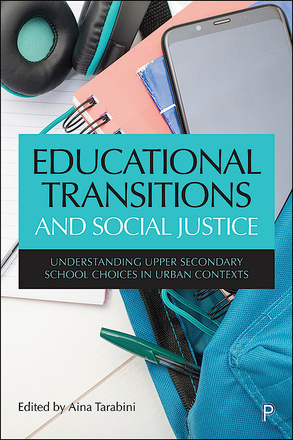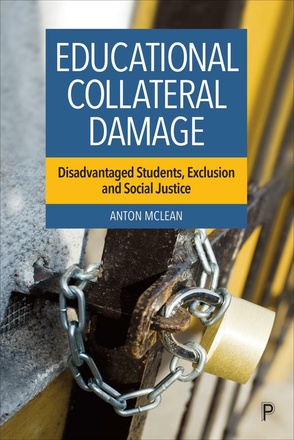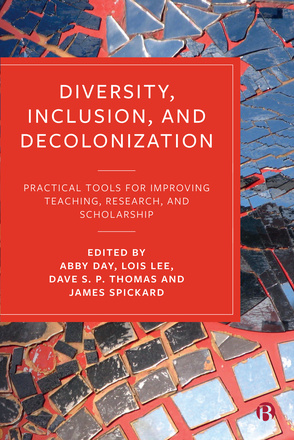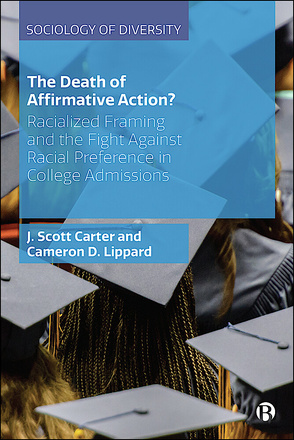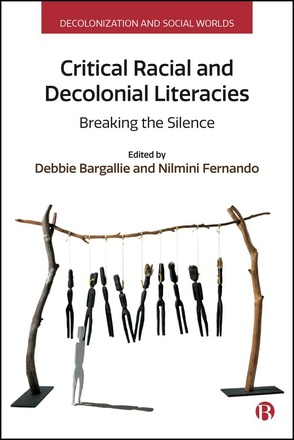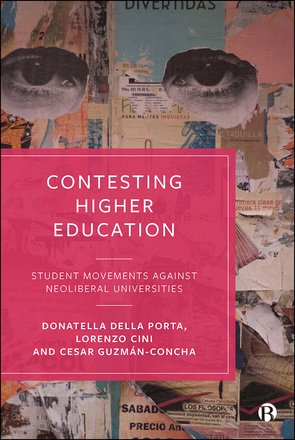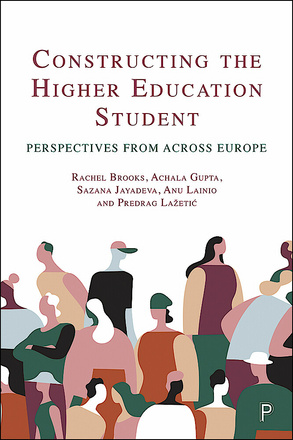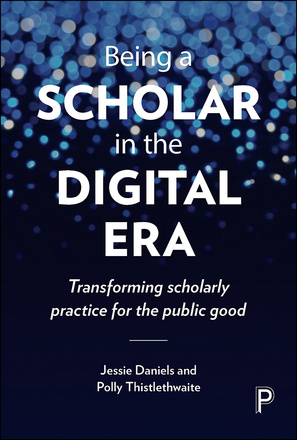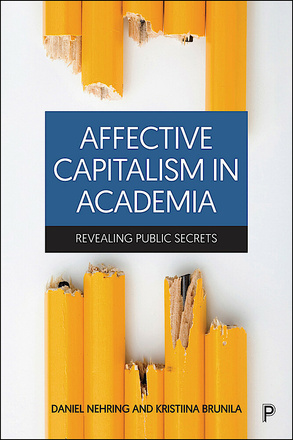Sociology of Education
Educational Transitions and Social Justice
Understanding Upper Secondary School Choices in Urban Contexts
Drawing on qualitative analysis in Barcelona and Madrid, this book explores upper secondary educational transitions in urban contexts, the different political, institutional and subjective dimensions of these transitions and the multiple mechanisms of inequality that traverse them.
Educational Collateral Damage
Disadvantaged Students, Exclusion and Social Justice
Drawing on student experiences and the perspectives of senior leaders, this book challenges orthodox thinking about school exclusion and advocates for a fairer education system for disadvantaged students.
Diversity, Inclusion, and Decolonization
Practical Tools for Improving Teaching, Research, and Scholarship
Written by academics from different disciplines and backgrounds, this book offers an international practical guide to doing diversity in the social sciences.
The Degree Generation
The Making of Unequal Graduate Lives
This book traces the transition to the graduate labour market of a cohort of middle-class and working-class young people. Using personal stories and voices, it provides fascinating insights into their experience of graduate employment and how their life-course transitions are shaped by their social backgrounds and education.
The Death of Affirmative Action?
Racialized Framing and the Fight Against Racial Preference in College Admissions
Can affirmative action in US college admissions survive mounting threats? This judicious review, part of the Sociology of Diversity series, considers the question using up-to-date sociological, policy and legal perspectives to explain both sides of the fierce debate over affirmative action in the context of prominent Supreme Court cases.
Critical Racial and Decolonial Literacies
Breaking the Silence
Combining critical race and indigenous theories, this collection explores critical racial literacy and anti-racist praxis in Australia's education system. Demystifying 'critical anti-racism praxis,' it advocates for multidisciplinary approaches, offering actionable ideas from educators across a range of disciplines.
Contesting Higher Education
Student Movements against Neoliberal Universities
This close investigation of student protests in the UK, Canada, Chile and Italy represents the first comparative review of the subject. Setting the wave of demonstrations within the contexts of student activism, social issues and political movements, it casts new light on their impact on higher education and on the broader society.
Constructing the Higher Education Student
Perspectives from across Europe
Amid debates about the future of both higher education and Europeanisation, this book is the first full-length exploration of how Europe’s 35 million students are understood by key social actors across different nations.
The Black PhD Experience
Stories of Strength, Courage and Wisdom in UK Academia
Drawing on students’ experiences of structural racism in the UK higher education institutions, this book offers an informed analysis on the barriers to Black student progression. It documents success stories and provides key recommendations for the sector on how to eliminate discrimination and achieve positive results for Black students.
Being a Scholar in the Digital Era
Transforming Scholarly Practice for the Public Good
This book offers both a road map and a vision of what being a scholar can be when reimagined in the digital era to enliven the public good. It discusses digital innovations in higher education as well as reflecting upon what these mean in an age of austerity.
Assembling Comparison
Understanding Education Policy through Mobilities and Assemblage
This book combines assemblage theory and policy mobilities to inform the study of comparative and international education (CIE), focusing on education policy and how such policy moves are enacted.
Affective Capitalism in Academia
Revealing Public Secrets
Drawing on affect theory and research on academic capitalism and 11 international case studies, this book examines the contemporary crisis of universities, from the coloniality of academic capitalism to performance management and the experience of being performance-managed.







